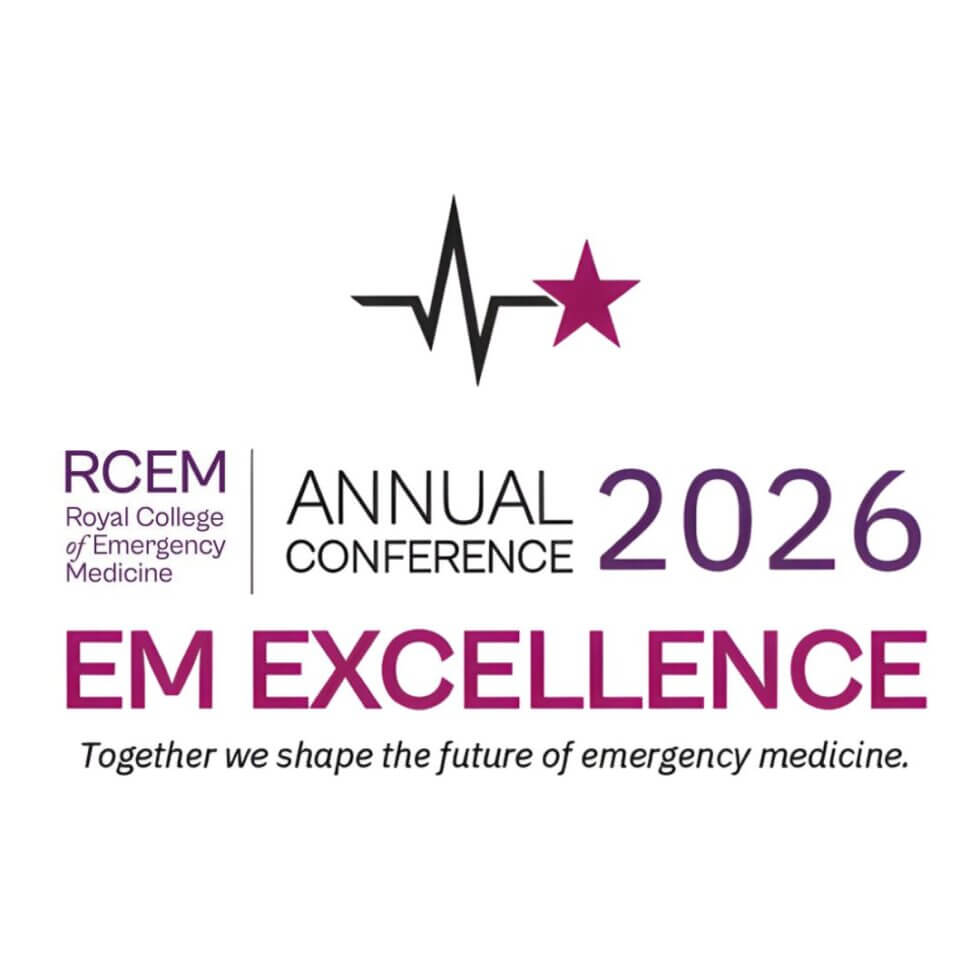The Managing Time Critical Patients module, integral to the BSc in Paramedic Science at Swansea University, dedicates a key session to the intricate study of aortic dissection. This session is designed to deepen paramedic students’ understanding of this life-threatening condition, emphasising its pathophysiology, diagnosis, and emergent management. By building upon foundational knowledge and experiences, this focused session aims to prepare learners for the critical decisions and actions required in the face of such acute cardiovascular emergencies.
AortaEd Lecture
Within this module, the aortic dissection session stands out for its intensive exploration of the condition’s underlying pathology, its sudden and often unpredictable presentation, and the immediate management strategies critical to patient survival. Students will engage in detailed studies of the signs, symptoms, and diagnostic challenges associated with aortic dissection, equipping them with the knowledge to rapidly identify and respond to these cases in real-world scenarios.
Practical Placements
Supporting the theoretical knowledge, students will benefit from placements in coronary care units and with the Welsh Ambulance Service, experiencing firsthand the pressures and demands of managing time-critical conditions like aortic dissection.
Learning Outcomes
By the end of the aortic dissection session, students will:
- Understand Aortic Dissection Pathology: Gain a critical understanding of the pathology and pathophysiology specific to aortic dissection.
- Diagnose and Manage: Learn to interpret key physiological and technological findings crucial for the timely and effective management of aortic dissection.
- Respond to Emergencies: Develop the ability to apply appropriate emergency responses to improve outcomes for patients with aortic dissection.
- Meet CPA Competencies: Achieve specific competencies relevant to the emergency management of aortic dissection.
Syllabus Highlights
- Pathophysiology of Aortic Dissection: Detailed exploration of the condition’s physiological underpinnings.
- Emergency Management: Strategies for the initial assessment, stabilisation, and treatment of patients.
Clinical Decision Making: Enhancing decision-making skills in the high-stakes environment of aortic emergencies. - Practical Skills Application: Applying theoretical knowledge in simulated and real-world clinical settings.




